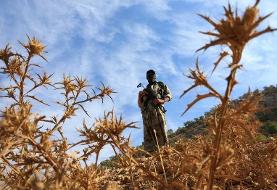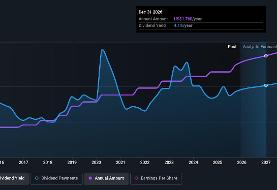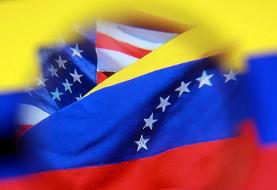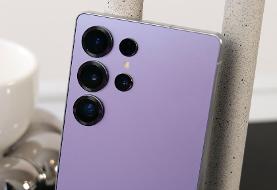Here's to your Health: This Natural Drink Has Helped Diabetic Iranians
Health and Science Blog, Kodoom.com
According to a scientific study, a natural drink has helped many diabetic or pre-diabetic Iranians demonstrate a significant decrease in blood sugar serum levels. According to research by the University of Tabriz, Iranians who regularly drank probiotic-rich Kefir (milk fermented by mesophilic bacteria at close to room temperatures) have a lower blood sugar versus those who drink Doogh (the salty drink based on yogurt, which is milk fermented with thermophilic bacteria at 49 degrees of centigrade).
The incidence of Type 2 Diabetes around the world is on the rise and in Iran, about 7.7 percent of adults suffer from Type 2 diabetic with another 16.8 percent or 4.4 million suffering impaired fasting glucose levels. The disease is associated with long-term damage in the eyes, kidneys, nerves, heart and blood vessels.
As reported in the Iranian Journal of Public Health , a team of scientists from the University of Tabriz studied 60 Type 2 Diabetic patients aged 35 to 65 years. Each group drank a daily amount of 2.5 cups of Kefir vs Dough. The thinking behind the results is that Kefir, which is rich in the probiotics: Lactobacillus casei, Lactobacillus acidophilus and Bifidobacteriais may improve insulin resistance by reducing inflammation in the body.
The study also measured the effect of Kefir on cholesterol. However, no significant results were shown to improve either the serum triglyceride, total cholesterol, LDL-cholesterol and HDL- cholesterol levels.
Commercial store kefir brands, while pricey, may not offer the full spectrum of benefits of home-made kefir using raw lightly pasteurized whole organic milk from free range cows. You can check HERE for more information on how to make your own healthy Kefir.
Cheers! To Your Health!
Related to Health:
- Cancer Towns in America: Some Locals are Fighting But Trump is Not Listening
- Iranian Cleric Blames Enemy for "Diapers that Make Our Children Sterile!"
- This Food is Dear to Every Iranian Heart, According to American Food Reviewer
- US Congresswoman Calls Persian Sangak Her Favorite Bread!
- The Healthiest Diet and Where to Buy It? Convincing Talks by Dariush Mozaffarian and Mohammad Modarres
- Britney Spears and Iranian American Boyfriend Still Facing Turmoil
- Leading Causes of Death in America and Iran (1)
- Better for the Environment and Humans: Advanced Bidets Offer Hygiene and Comfort in Toilet Seats
- Monsanto Blamed for GMO Seeds in Puerto Rico and Weedkillers in USA
- You May Soon Print Your Kidney and Heart! Turkish German Scientist Creates Transparent Human Organs With 3D Printers
- From Tehran to New York, Amsterdam, Shanghai and Lagos: Mountains of Trash Drowning The World
- Some Good News For the Planet: Germany's Cycle Highways and Floating Solar Farms
- Deaths from Suicide, Alcohol, Drugs and Gun Violence A National Crisis in America
- Use of Social Media Makes us Lonely, Depressed and Less Intelligent, According to More New Studies
- Founder of First Iranian Kabob House Chain in America Dies of Heart Attack
Related to Food:
- This Food is Dear to Every Iranian Heart, According to American Food Reviewer
- The Healthiest Diet and Where to Buy It? Convincing Talks by Dariush Mozaffarian and Mohammad Modarres
- Founder of First Iranian Kabob House Chain in America Dies of Heart Attack
- Iranian Food Can Save Humans and The Planet, But Beware of Salt, Rice, Fat and Sugar
- Why Saffron, Vanilla and Louboutin Shoes at $800 are So Expensive?
- Europe's organic farming facing challenges, Video
- Tahdig, a true Persian heritage, featured in New York Times
- CNN's senior International reporter: Iran probably has the best food in the world (Video)
- Travel to Iran: Interesting Video blogs
- Our Roots Run Deep: California Winery Inspired by Persian Culture
- Organic food are indeed better for you, new comprehensive research shows
- How I Found a Natural Sinus Cure
- Let's Move! Michelle Obama and Will Ferrell
- Common mistakes in feeding your toddler
- Aspartame is linked to Leukemia, new research shows

















































